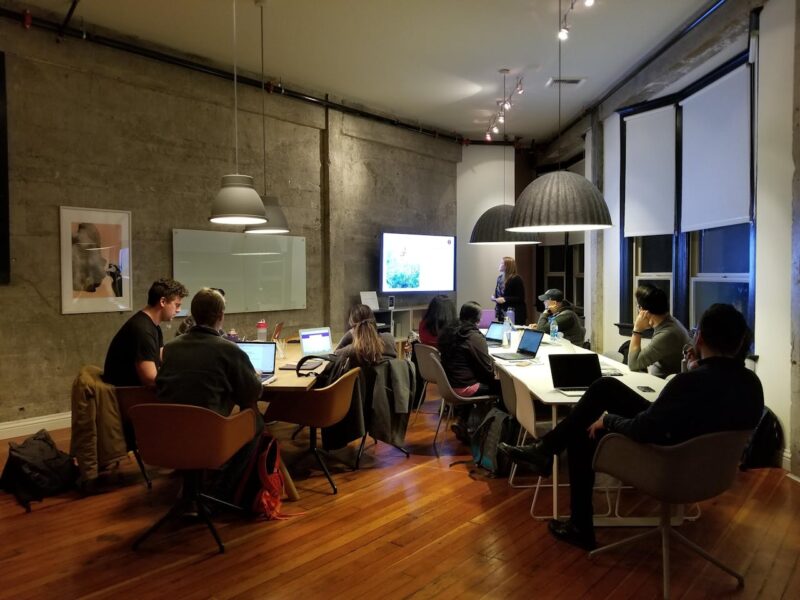Embedding Domain-Specific Heuristics to Accelerate Debugging Cycles in Offshore Software Development
Understanding the Debugging Challenge in Offshore Software Development
Why Debugging Can Be Slower in Offshore Teams
Offshore software development often involves teams distributed across multiple time zones. While this model offers benefits like continuous development cycles and cost savings, it also presents unique challenges—especially during debugging. Time zone differences can delay communication between offshore developers and onshore stakeholders, slowing down the process of clarifying issues or reproducing bugs.
Another hurdle is domain knowledge. Offshore developers may not always have direct exposure to the business environment their software supports. When bugs are tied to specific business logic or compliance requirements, this lack of context can make it harder to pinpoint the root cause. As a result, debugging can take longer, potentially affecting delivery timelines and overall project momentum.
The Role of Domain Knowledge in Debugging
Debugging goes beyond fixing syntax errors—it requires understanding the broader context in which the software operates. Developers with domain knowledge can interpret issues through the lens of business rules, user behavior, and industry-specific constraints.
For offshore teams, integrating domain knowledge into daily workflows is essential. When developers grasp the “why” behind the software, they can more quickly identify the “what” and “how” of a bug. This leads to faster resolutions and improved code quality over time.
What Are Domain-Specific Heuristics and Why Do They Matter?
Defining Domain-Specific Heuristics
Heuristics are practical rules or strategies developed from experience that help solve problems efficiently. In software development, domain-specific heuristics are patterns or shortcuts that apply to a particular industry or application type.
These heuristics help developers focus their debugging efforts by pointing to common pain points or known failure patterns. For offshore teams, especially those less immersed in the client’s business environment, these insights serve as a practical bridge between code and context.
How Heuristics Improve Debugging Efficiency
Domain-specific heuristics help narrow down the search space when tracking down bugs. Instead of combing through the entire codebase, developers can zero in on areas that are more likely to contain issues based on historical data or domain knowledge.
For instance, in an e-commerce platform, developers might focus on areas like payment gateway integration or inventory updates. In healthcare, they might look at patient data validation or regulatory checks. These targeted approaches save time and lead to more accurate fixes.
As teams gain more experience, their heuristics become more refined. This ongoing refinement creates a feedback loop that improves both individual performance and team-wide debugging capabilities.
Embedding Heuristics into Offshore Development Workflows
Strategies for Capturing Domain Knowledge
The first step in building useful heuristics is capturing domain knowledge. Offshore teams should work closely with onshore counterparts to document common bug types, business rules, and edge cases.
Regular retrospectives, code reviews, and incident analyses can help uncover recurring issues that serve as the basis for new heuristics. These sessions also promote a shared understanding of the domain across the team.
Knowledge sharing is key. Encouraging mentorship and peer learning helps spread domain expertise throughout the team, ensuring that even junior developers can contribute meaningfully to debugging efforts.
Tools and Techniques to Operationalize Heuristics
Once heuristics are identified, they should be embedded into the development process. One simple method is to include domain-specific checklists during code reviews or QA testing. These checklists prompt developers to look for known issues before code is merged or released.
Logging and monitoring tools can also be tuned to flag patterns that match known heuristics. For example, if a certain type of input often causes validation errors, the system can be set up to detect and alert on similar inputs in real time.
AI-assisted debugging tools, when trained on domain-specific data, can further streamline this process by suggesting likely causes based on past incidents. These tools help developers prioritize their debugging efforts more effectively.
A centralized knowledge base is essential for maintaining consistency. This repository should house all domain-specific heuristics and be accessible to all team members, regardless of location. Regular updates ensure that the knowledge stays relevant as the domain evolves.
Real-World Impact: Case Studies and Examples
How Heuristics Shortened Debugging Cycles in Fintech Projects
In a fintech project involving teams from Vietnam, Poland, and India, the use of domain-specific heuristics significantly improved debugging speed. The application handled complex financial transactions, including fraud detection and compliance checks.
By focusing on known problem areas—like transaction validation and currency rounding—developers were able to isolate issues faster. This approach reduced average debugging time by over 30%, helping the team meet sprint goals and improve client satisfaction.
Lessons from Healthcare Software Development
In another case, offshore teams working on healthcare platforms applied heuristics related to patient data integrity and medical compliance. Teams from Vietnam and Ukraine embedded these rules into their QA pipelines.
This proactive strategy helped catch issues like incorrect age calculations or missing consent forms before deployment. It also made collaboration with onshore medical consultants more efficient, as fewer bugs slipped through to production.
These examples highlight how offshore developers can effectively apply domain knowledge through heuristics, even in highly regulated industries.
What’s Next? Building a Culture of Domain-Aware Debugging
Encouraging Continuous Learning in Offshore Teams
To sustain the benefits of heuristics, teams need to embrace continuous learning. Offshore developers should be encouraged to deepen their domain understanding through ongoing training and collaboration.
Creating a culture where asking questions and sharing knowledge is encouraged helps everyone grow. Recognizing contributions to the heuristic knowledge base can also motivate team members to stay engaged in the learning process.
Scaling Heuristics Across Projects and Teams
As organizations expand their offshore development efforts, it’s important to standardize how heuristics are documented and shared. Internal platforms can help distribute this knowledge across teams working in similar domains.
Collaboration between teams in regions like Vietnam, Eastern Europe, and South Asia can foster cross-pollination of ideas and best practices. By building a shared library of heuristics, companies can accelerate onboarding and improve consistency across projects.
Over time, these heuristics become more than just shortcuts—they evolve into a strategic asset that enhances the resilience and efficiency of offshore software development.




